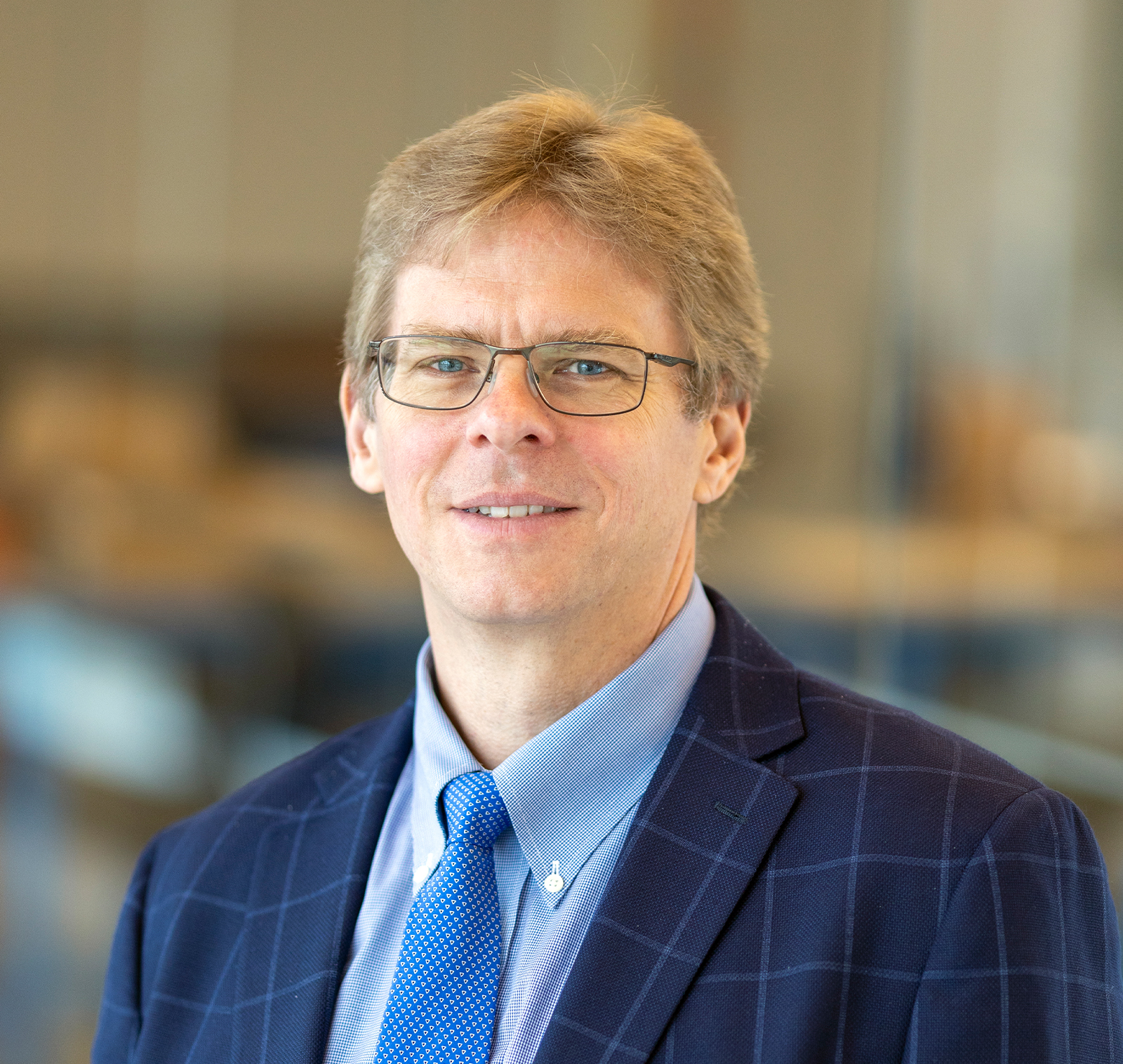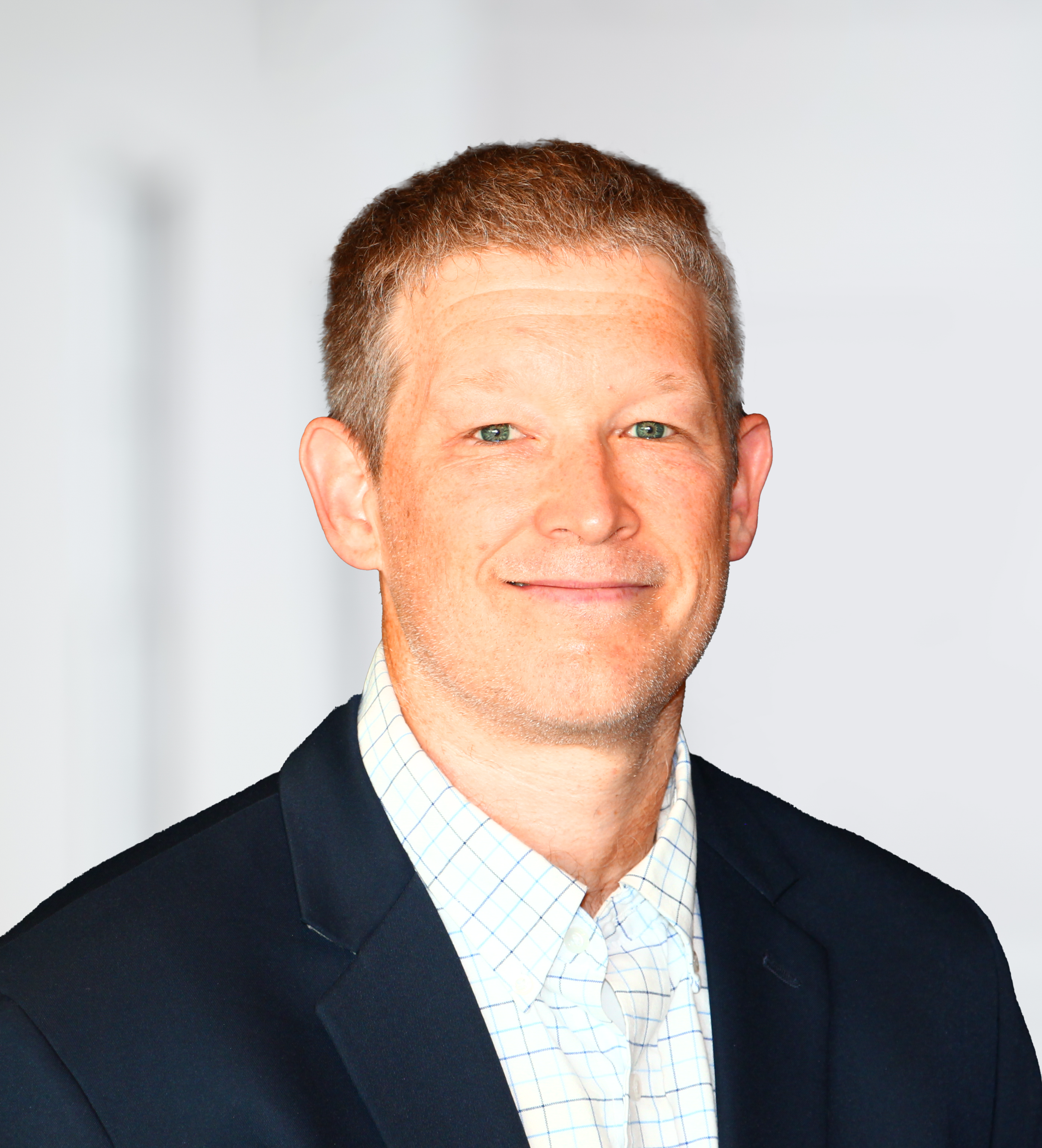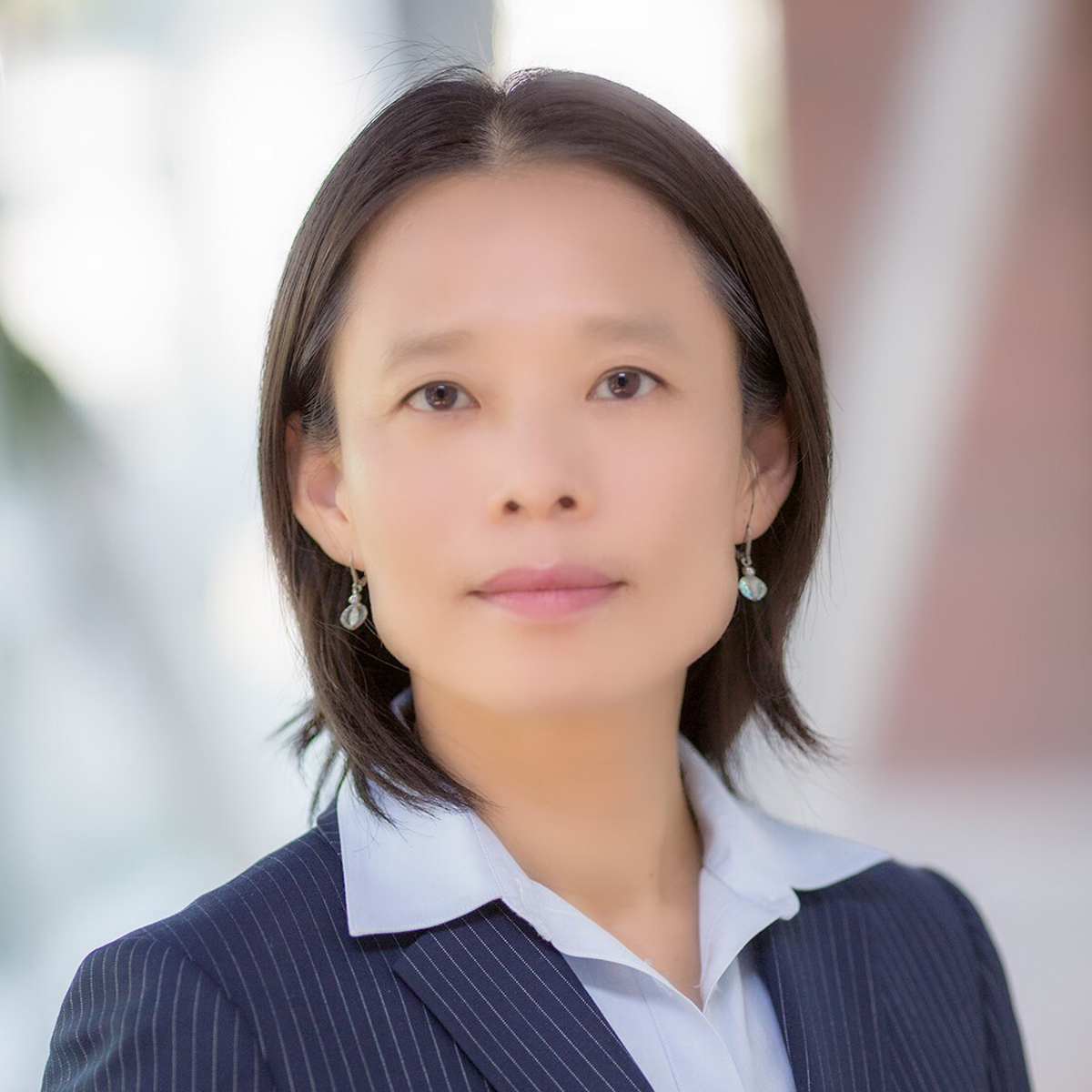
Please note that recordings will be available on-demand if you cannot attend both live sessions, and the Part I Recording will be available before the Part II live session.
This two-part webinar series discusses structural condition assessment nuances, complexities, and challenges, including corrosion implications, considerations for coastal buildings, safety implications, historical aspects, new assessment tools, regulations, industry standards, and limitations. It closely follows the 4-Part Series published by the speakers in Concrete International (November 2023 to February 2024).
Engineers are routinely being asked to evaluate the safety of existing structures, often based upon limited information and with limited access to the structure. The article series examined some of the challenges associated with condition assessments, and the need for results to be presented within the context of the assessment limitations.
Since the first applications of structural concrete and, subsequently, the first design and construction standards, significant changes to concrete and concrete technology have occurred. In the last fifty years, there have been substantial changes to ensure new buildings are designed and constructed to provide reasonable levels of safety and satisfy minimum durability and serviceability requirements.
These articles discussed the continual advances in concrete and concrete technology for both new construction and to extend the service life of existing structures. New technologies provide a new hope to ensure that structures designed and constructed using structural concrete will continue to reasonably provide for the health, safety, and general welfare of the public for their intended service life and beyond.
MEMBERS: $40
NON-MEMBERS: $70
 |
Keith Kesner, Ph.D., SE, PE, FACIKeith Kesner, Ph.D., SE, PE, FACI, is a Project Director with Simpson Gumpertz & Heger, Inc. He specializes in the evaluation and rehabilitation of existing structures. He is Chair of the ACI TAC Repair and Rehabilitation Committee, and ACI Subcommittee 562-E, Seismic. He is also a member of the ACI Committee on Codes and Standards Advocacy and Outreach; Technical Activities Committee; and Committees 228, Nondestructive Testing of Concrete; 364, Rehabilitation; 562, Evaluation, Repair, and Rehabilitation of Concrete Buildings; and ACI Subcommittees 318-C, Safety, Serviceability, and Analysis; and various state initiatives collaboration groups. He has received several awards from ACI for his contributions to concrete technology and code development. Kesner received his BS from the University of Connecticut, Storrs, CT, USA, and his MS and PhD from Cornell University, Ithaca, NY, USA. He is a licensed professional engineer in several states and a licensed structural engineer in Hawaii and Illinois. |
 |
David G. Tepke, PE, FACIDavid G. Tepke, PE, FACI, is a Principal Engineer with SKA Consulting Engineers, Inc., in Charleston, SC, USA. He specializes in structural and materials evaluation, troubleshooting, repair, and service-life extension. He is a NACE/AMPP Certified Corrosion Specialist and Protective Coating Specialist, ICRI Certified Concrete Surface Repair Technician, and ACI Certified Nondestructive Testing Specialist-Str. Tepke is Chair of ACI Committee 222, Corrosion of Metals in Concrete; Chair of the ACI Committee on Codes and Standards Advocacy and Outreach; and a member of Committees 201, Durability of Concrete; 301, Specifications for Concrete Construction; 321, Durability Code; and 329, Performance Criteria for Ready Mixed Concrete. He is a member of ICRI Committees 130, Life Cycle and Sustainability and 510, Corrosion. He is a licensed professional engineer in a number of states. |
 |
Liying Jiang, PE, FICRILiying Jiang, PE, FICRI, is an Engineering Manager with Structural Technologies. She specializes in evaluations of existing structures, assessment of concrete materials, design of repair and rehabilitation measures, and development of management strategies for structures affected by alkali-silica reaction (ASR), corrosion, and other materials-related distress. She is Chair of ACI Subcommittee 364-C, TechNote Subcommittee, and Secretary of ACI Subcommittee 228-B, Visual Condition Survey of Concrete. She is also a member of ACI Committees 228, Nondestructive Testing of Concrete; and 364, Rehabilitation. |
Through participating in this webinar, attendees are eligible to receive the following continuing education units:
For questions regarding your continuing education credits, please contact ICRI’s Director of Professional Development Operations, Danial Davis, at [email protected].
Disclaimer: the ideas expressed in this ICRI-hosted webinar are those of the speaker(s) and do not necessarily reflect the views and opinions of ICRI, its board, committees, or sponsors.